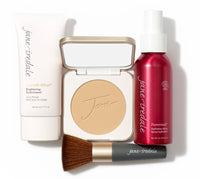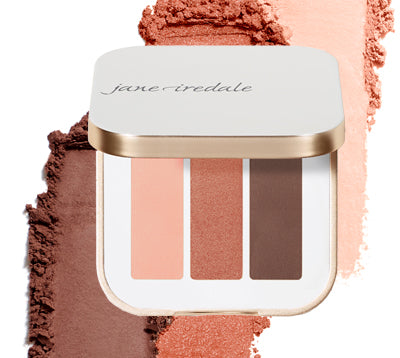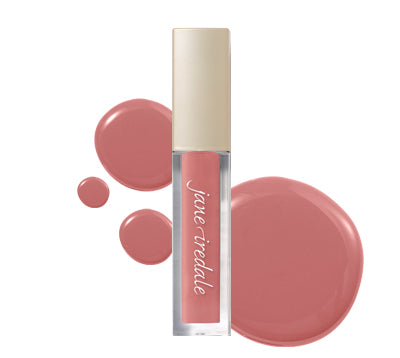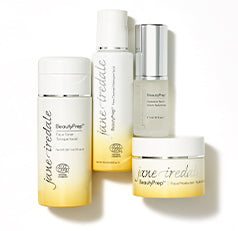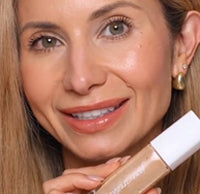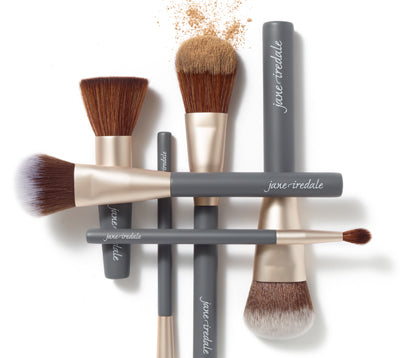
There’s no doubt that the buzz word on skincare experts’ lips in recent years has been collagen. Whether you are ingesting it or applying it topically, there is no denying the importance of preserving or increasing collagen levels as the solution to achieving a more youthful complexion. But what exactly is collagen, and what are the best methods to help build and protect this natural anti-aging asset?
What Is Collagen?
Collagen is the most prevalent protein in your body. In fact, it accounts for about one-third of the body’s total protein composition. Consider collagen the binding agent that holds the skin, bones, muscles, tendons, and ligaments together. After all, the term “collagen” originates from the Greek word for “glue.”
Found in skin, muscles, and connective tissue, collagen is the key to keeping skin supple and resilient. Want to restore skin elasticity? Consider collagen your most important ingredient.
Unfortunately, collagen production decreases with age. By the time you reach your mid-40s, your body’s collagen levels have already declined by about 30%. As a result, you’ll start to see wrinkles, sagging, and fine lines – all tell-tale signs of aging. Collagen levels are also affected by certain lifestyle factors such as poor diet and tobacco use. Environmental factors like pollution can also hinder your body’s ability to produce and maintain collagen.
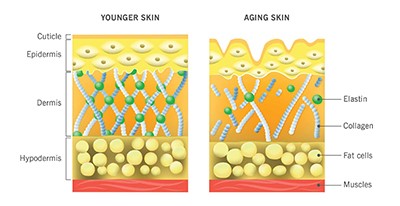
Here’s the good news: You can restore skin elasticity and increase collagen production.
What Is the Best Way to Take Collagen?
Skincare experts recommend applying collagen creams, and these can be incredibly effective! However, these topical products alone may not be enough to reverse the signs of aging. Oftentimes, the collagen molecules in topical products are simply too large to penetrate the skin, never quite reaching the collagen production site deep within the dermis. Replenishing the nutrients the body needs to manufacture collagen may be more of an “inside job.” In other words, consuming collagen supplements is arguably the best way to take collagen.
Collagen is made from amino acids found in protein foods. Most of us have enough of these in our diet, so the body already has the building blocks it needs to make its own collagen. What you need are the synergistic nutrients to make this process of converting amino acids into collagen more efficient, and to protect the fibres once they’ve been created. There’s little point consuming products containing collagen if you haven’t got the co-factors to assimilate it into the skin.
That’s where Skin Collagen Support comes in.
The Vegan Collagen Support System Your Skin Will Love
Skin Collagen Support is a vegan collagen supplement that helps the body create and preserve collagen. This new formula is packed with the essential ingredients your skin craves, including vitamin C, zinc, MSM, grapeseed extract from the Champagne region in France, and melon concentrate (rich in Superoxide Dismutase, a powerful free radical fighter).
If you’re wondering how to restore collagen in the face, consider this statistic:
An internal case study showed that after just three months of using Skin Collagen Support, 85% of individuals experienced an increase in elasticity around the eye area.
Get more noticeable, longer-lasting results from your skincare routine by reinforcing your current anti-aging topical with a vegan collagen supplement.


